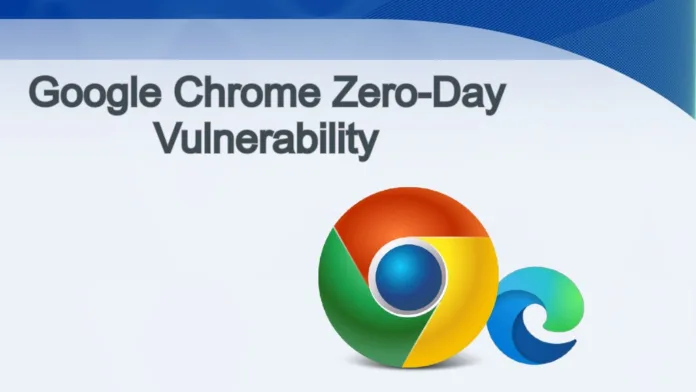Summary
- Because of the eighth zero-day exposure in Chrome this year, Google rapidly delivers a crisis fix to relieve a serious security risk.
- The WebRTC framework exposure (CVE-2023-7024) forced the quick worldwide fix distribution for Linux, Mac, and Windows users.
- The high-severity exposure was found by Google’s Threat Analysis Group and emphasizes the necessity of ongoing watchfulness against possible exploits.
- In order to improve customer service, Google has implemented an AI-driven chatbot on a few Help pages. Its goal is to expedite support for questions about products and account-related issues.
Once more, Google’s widely-used Chrome browser was found to have a major zero-day exposure, forcing the company to provide an emergency patch. This is the ninth patch of its kind that the IT giant has released since the year began, underscoring the ongoing difficulties caused by security threats in the digital realm.
Table of Contents
Zero-Day Exposure Security Breach Taken Advantage of in the Wild
Google must act quickly since the vulnerability, known as CVE-2023-7024, is being actively exploited. A security alert acknowledged that there was an exploit in the field and stressed how urgent it was for consumers to upgrade their computers.
Also Read: Poco M6 5G in India: Rethinking Financial plan 5G Smartphones
Google’s Quick Reaction and Patch Distribution
Google quickly fixed the zero-day exposure for users on the Stable Desktop channel in response to the threat. Within a day of the issue being identified, patched versions were quickly distributed worldwide to accommodate users of Windows (versions 120.0.6099.129/130) and Mac/Linux (version 120.0.6099.129).
Perspectives on the WebRTC Framework and Vulnerability
The vulnerability, which was discovered and communicated by Google Threat Analysis Group (TAG), centers on an overflow vulnerability in the heap buffer of the open-source WebRTC framework. This high-severity vulnerability emphasizes how important it is to maintain constant watchfulness to protect against possible security breaches.
Google Unveils AI Help Assistant to Provide Better User Support
Google is rethinking user support in the face of these security worries. An “AI support assistant” chatbot has been added to some Help pages with the goal of improving user engagement and offering effective product help. This proactive AI help assistant will now greet users who visit the support sites for individual Google products, making the process of investigating and resolving account issues more efficient.
Vulnerabilities must be quickly identified and fixed since the digital landscape is always changing. In addition to demonstrating Google’s dedication to user security, its prompt response to this recent zero-day exposure also heralds the continued fight against new threats. Furthermore, the incorporation of AI-powered support tools demonstrates the company’s commitment to improving customer service and support offerings.
Disclaimer:
AI was used to conduct research and help write parts of the article. We primarily use the Gemini model developed by Google AI. While AI-assisted in creating this content, it was reviewed and edited by a human editor to ensure accuracy, clarity, and adherence to Google's webmaster guidelines.


